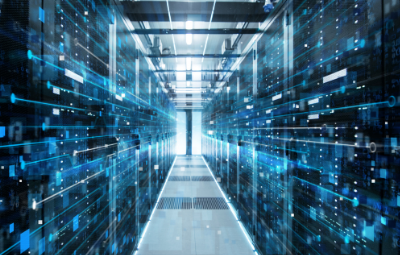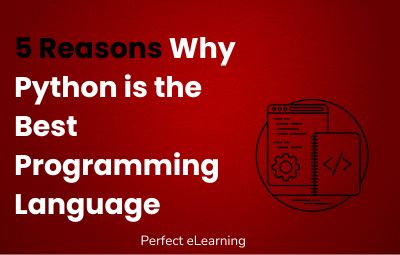

Python is a simple yet versatile programming language, making it an excellent choice for beginners. In this article, we'll provide a crash course in Python coding basics, perfect for non-programmers and absolute beginners. We'll cover step-by-step instructions and resources for learning Python, helping you get started with coding in no time.
Table of Contents
Introduction to Python Programming
Python Syntax and Data Types
Python Operators and Expressions
Conditional Statements in Python
Loops and Iterations in Python
Functions in Python
Python Modules and Packages
File Handling in Python
Python for Data Science and Analysis
Best Resources for Learning Python
1. Introduction to Python Programming
Python is a high-level, interpreted programming language that was first released in 1991. It was created by Guido van Rossum and has since become one of the most popular languages in the world. Python is easy to read, write, and learn, making it an ideal language for beginners.
2. Python Syntax and Data Types
Python has a simple and intuitive syntax that makes it easy to write and read code. In this section, we'll cover the basic syntax of Python, including data types, variables, and operators.
3. Python Operators and Expressions
Operators are symbols or words that perform specific operations on one or more operands. In Python, there are several types of operators, including arithmetic, comparison, logical, and bitwise operators.
4. Conditional Statements in Python
Conditional statements are used in Python to perform different actions based on different conditions. In this section, we'll cover if-else statements, nested if statements, and the ternary operator.
5. Loops and Iterations in Python
Loops are used in Python to execute a block of code repeatedly. In this section, we'll cover while loops, for loops, nested loops, and the range() function.
6. Functions in Python
Functions are blocks of code that can be called to perform a specific task. In Python, functions are defined using the def keyword. In this section, we'll cover how to define and call functions in Python.
7. Python Modules and Packages
Modules are files containing Python code that can be imported and used in other Python code. Packages are collections of modules that can be used together. In this section, we'll cover how to import modules and packages in Python.
8. File Handling in Python
File handling is an important aspect of programming in Python. In this section, we'll cover how to open, read, write, and close files in Python.
9. Python for Data Science and Analysis
Python is widely used in data science and analysis. In this section, we'll cover how to use Python for data analysis, including data structures, data manipulation, and data visualization.
10. Best Resources for Learning Python
Learning Python can be a challenging task, but there are many resources available to help you learn Python step by step. In this section, we'll provide a list of the best resources for learning Python, including books, online courses, and communities.
Conclusion
In conclusion, Python is an easy-to-learn and versatile programming language that is widely used in various fields. By following this Python programming guide for beginners, you can learn Python coding for dummies and become proficient in Python coding basics. Whether you're interested in data science, web development, or automation, Python is a great language to learn.
FAQs
Q1. What is Python used for?
A: Python is used for various applications
Q2. Is Python a difficult language to learn?
A: Python is considered to be one of the easiest programming languages to learn, especially for beginners.
Q3. Can Python be used for data analysis?
A: Yes, Python is widely used in data analysis and has many libraries like Pandas, NumPy, and Matplotlib that make it easy to manipulate and visualize data.
Q4. What is the best way to practice Python programming?
A: The best way to practice Python programming is to write code and build projects. You can also participate in coding challenges and contribute to open source projects.
Perfect eLearning is a tech-enabled education platform that provides IT courses with 100% Internship and Placement support. Perfect eLearning provides both Online classes and Offline classes only in Faridabad.
It provides a wide range of courses in areas such as Artificial Intelligence, Cloud Computing, Data Science, Digital Marketing, Full Stack Web Development, Block Chain, Data Analytics, and Mobile Application Development. Perfect eLearning, with its cutting-edge technology and expert instructors from Adobe, Microsoft, PWC, Google, Amazon, Flipkart, Nestle and Info edge is the perfect place to start your IT education.
Perfect eLearning provides the training and support you need to succeed in today's fast-paced and constantly evolving tech industry, whether you're just starting out or looking to expand your skill set.
There's something here for everyone. Perfect eLearning provides the best online courses as well as complete internship and placement assistance.
Keep Learning, Keep Growing.
If you are confused and need Guidance over choosing the right programming language or right career in the tech industry, you can schedule a free counselling session with Perfect eLearning experts.


